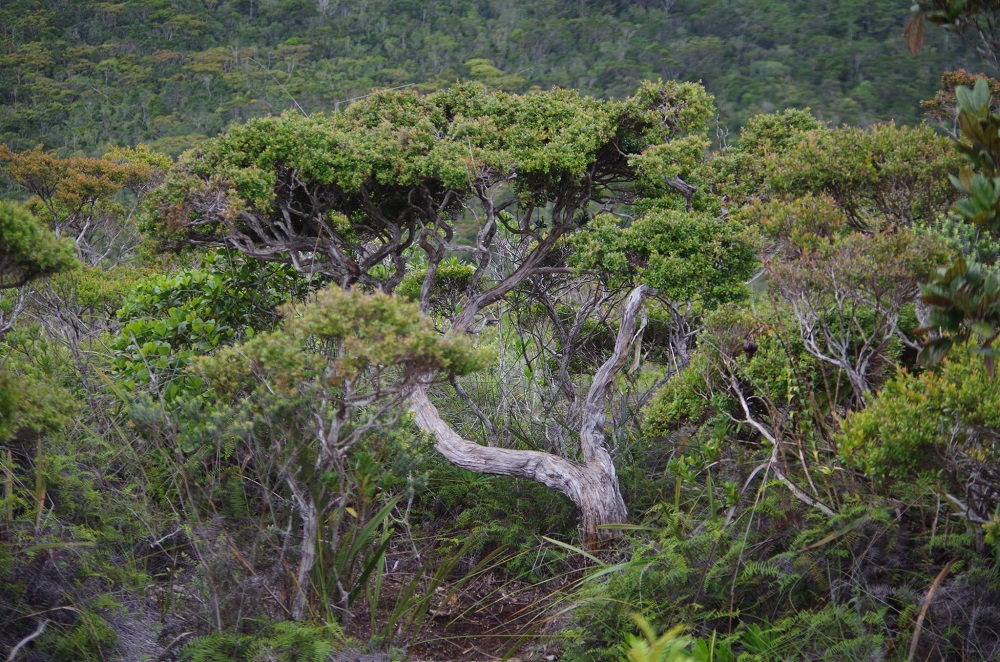
March 02, 2021 Tuesday

Mt. Hamiguitan Range Wildlife Sanctuary, an ASEAN Heritage Park and UNESCO World Heritage Site in Mindanao, is the largest natural pygmy forest in the country and is home to the hundreds of threatened and endemic flora and fauna species. Photo from the Facebook Page of the Department of Environment and Natural Resources Davao.
MANILA, 3 March 2021 — The Climate Change Commission (CCC) calls for the conservation of forests and forest-dwelling species of wild fauna and flora, in celebration of World Wildlife Day today.
The UN General Assembly proclaimed March 3 of every year as World Wildlife Day through Resolution 68/205, which aims to raise public awareness on the intrinsic value of wildlife and its various contributions, including its ecological, genetic, social, economic, scientific, educational, cultural, recreational, and aesthetic contributions to sustainable development and human well-being.
This year’s theme, "Forests and Livelihoods: Sustaining People and Planet", seeks to shed light on the links between the state of forests and woodlands and the preservation of the millions of livelihoods that depend directly on them, with particular attention to the traditional knowledge of the communities that have managed forest ecosystems and wildlife for centuries.
The Day also aims to drive discussions towards establishing a sustainable model of interaction between humanity and one of its most important natural providers, in line with the United Nations Sustainable Development Goals (SDGs), including Goal 1 (No Poverty), Goal 2 (Zero hunger), Goal 12 (Ensure sustainable consumption and production patterns), Goal 13 (Climate Action) and Goal 15 (Life on Land).
Forests are home to the world’s biodiversity and regulate key aspects of the global carbon cycle. Forests also provide essential livelihoods and environmental services. In the absence of other options for employment and income, communities, particularly in rural areas, depend on forests as their natural resource for daily needs like food, shelter, energy, and medicines.
The Commission also calls on every Filipino to undertake simple, doable steps such as saving and recycling paper, buying sustainable products, condemning wildlife trade, and promoting biodiversity, while being advocates themselves to be part of the solution to protect forests and nature.
But despite the increase in the protected area coverage across the globe, natural tropical forests are still declining due to deforestation which threatens animal and plant biodiversity, water and air quality, the livelihoods, and food security of forest-dependent communities that are among the poorest and most vulnerable.
Through the years, changes in agricultural practices have encroached on wildlife habitats and increased wildlife-human interactions; climate change has affected the habitat of both people and animals, and disasters have increased. COVID-19 emerged from wild animals to affect humans, creating the deadly pandemic that has lasted for more than a year now.
Through this celebration, the CCC calls on all national and local government agencies, multi sectoral stakeholders, and communities to raise awareness on the importance of the forests.